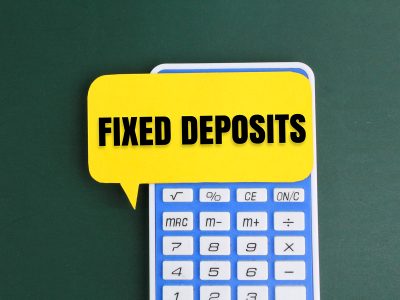
Borrowing can be a great way to make important purchases, cover unexpected expenses, and build credit. But, if you don’t understand the different types of borrowing available and how they differ in terms of cost and repayment periods, it can quickly become overwhelming. In this guide, we’ll break down the different types of borrowing and when they should be used so that you can make an informed decision about which type of loan is best suited for your needs. From payday loans to car loans and home equity loans, read on to learn more about the different types of borrowing out there.
Different types of borrowing
There are many different types of borrowing, each with their own advantages and disadvantages. Here is a quick guide to some of the most common types of borrowing:
Personal Loans: Personal loans are typically unsecured, meaning they don’t require any collateral. This makes them a good option for those with bad credit or no collateral. However, personal loans usually have higher interest rates than secured loans.
Secured Loans: Secured loans are loans that are backed by collateral, such as a home or car. This makes them a good option for those with bad credit, as the lender has less risk. However, if you default on a secured loan, you could lose your collateral.
Credit Cards: Credit cards are a type of revolving credit, which means you can borrow up to a certain limit and pay off the balance over time. Credit cards typically have high interest rates, so they should only be used for emergency expenses or short-term financing.
Payday Loans: Payday loans are small, short-term loans that must be repaid in full on your next payday. They typically have very high interest rates and fees, so they should only be used as a last resort.
What is best for different situations?
There are a lot of different types of borrowing, and each has its own advantages and disadvantages. The best type of borrowing for you will depend on your personal circumstances and what you need the money for.
If you need to borrow a small amount of money for a short period of time, then a credit card may be the best option. Credit cards offer quick and easy access to credit, which can be useful in an emergency. However, they also come with high interest rates, so you should only use them if you can afford to repay the debt in full each month.
If you need to borrow a larger amount of money for a longer period of time, then a personal loan may be the better option. Personal loans tend to have lower interest rates than credit cards, so you could save money in the long run by taking out a loan. However, loans can be difficult to obtain if you have bad credit, so this may not be an option for everyone.
Whatever type of borrowing you decide to go for, make sure that you shop around and compare different deals before commit
How to compare different options
There are many different types of borrowing, each with its own advantages and disadvantages. It can be difficult to compare different options and decide which one is best for you. Here are some things to consider when comparing different types of borrowing options:
-The interest rate: This is the most important factor to consider when comparing loans. The interest rate will determine how much you have to pay back in total.
-The repayment period: This is the length of time you have to repay the loan. A longer repayment period will mean lower monthly payments, but you will end up paying more in interest overall.
-The fees: Some loans come with fees, such as origination fees or prepayment penalties. Make sure to take these into account when comparing loans.
-Your credit score: Your credit score will affect the interest rate you qualify for. If you have a good credit score, you can get a lower interest rate and save money on your loan.
Conclusion
Borrowing money is a very common practice in today’s society, and it can be essential to achieving our financial goals. We hope that this guide has helped you understand the different types of borrowing available and when they are best used. Armed with this knowledge, you should now have the confidence to make an informed decision about your own finances. Good luck!










